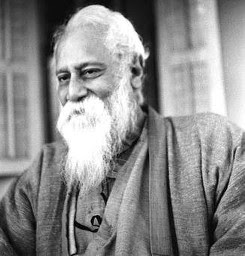Making Of Indian Universities: Working Notes
When the subject of establishing English style Public Colleges in India came up before the British Parliament in the late Eighteenth Century, the proposition was deemed to be both preposterous, as the Indians were deemed to lack the discipline needed for a college education, and subversive, as American colleges were blamed for the loss of British colonies there. The East India company administrators, however, were establishing colleges in India at the time - Warren Hastings modelled the Calcutta Madrassah following a version of famed Dars-i-Nizami curriculum followed in Awadh, followed by the efforts of Jonathan Duncan, the resident of Benares, to establish the Benares Sanskrit College - but these colleges were classic orientalist projects, for oriental learning and primarily for the benefit of English administrators wanting to understand Indian society and legal system. Such was the motivation of Wellesley's Oxford of the East - the Fort William College in Calcutta - which woul...



